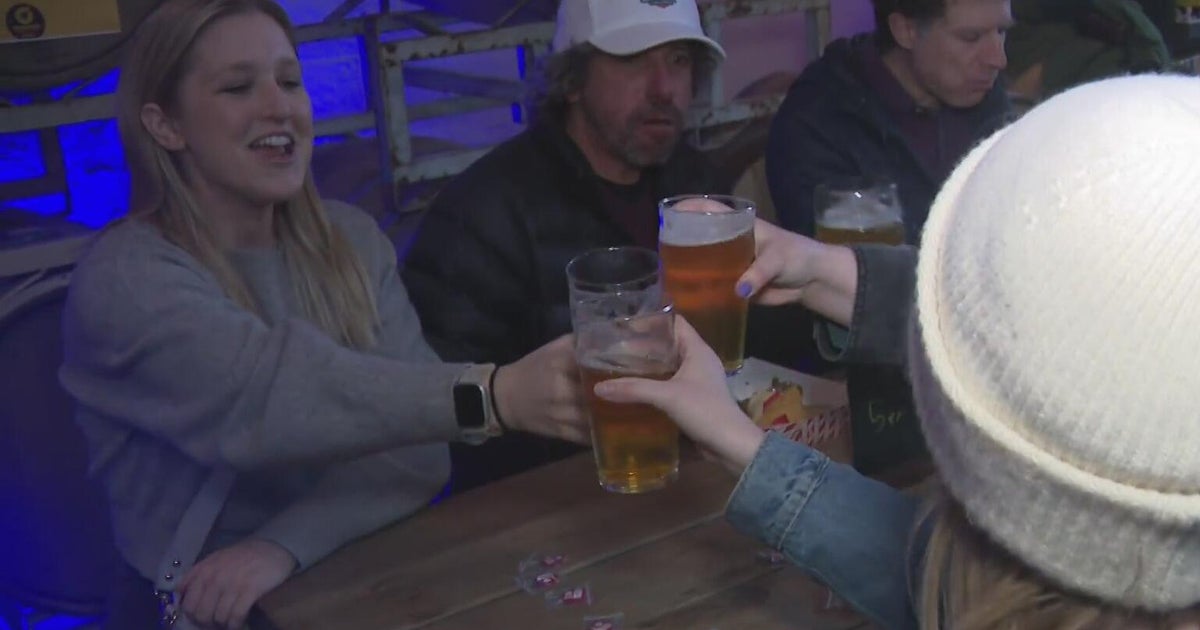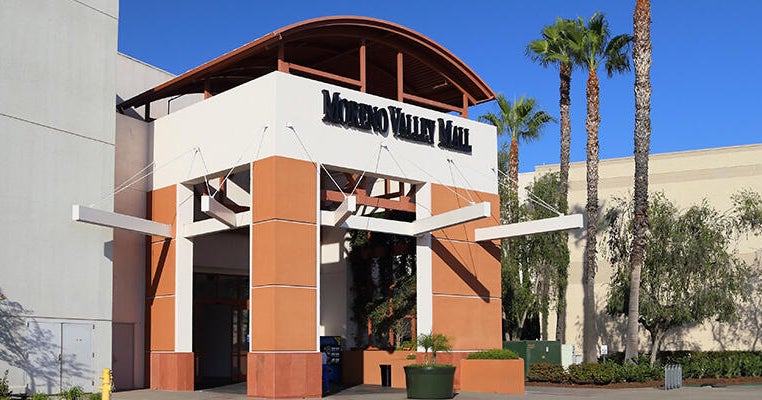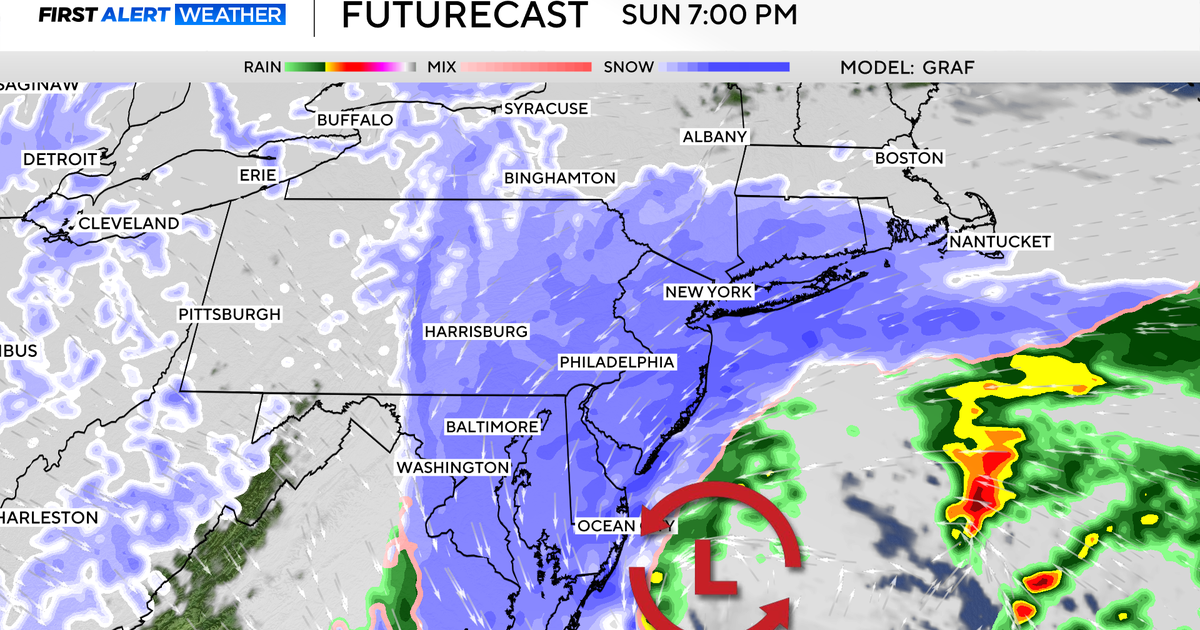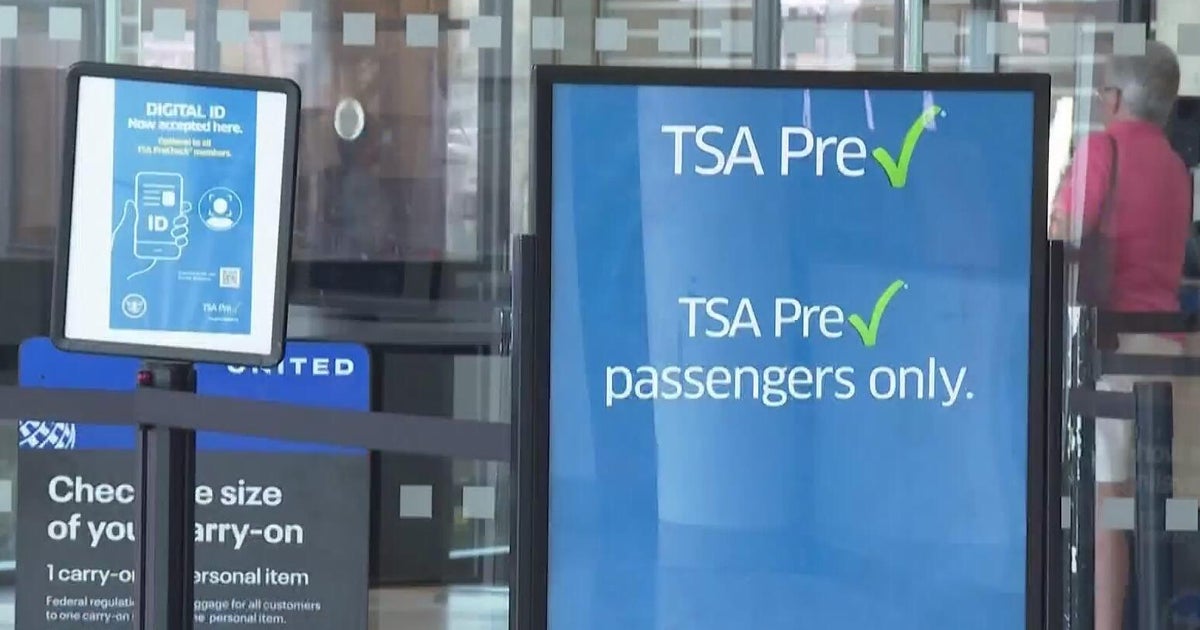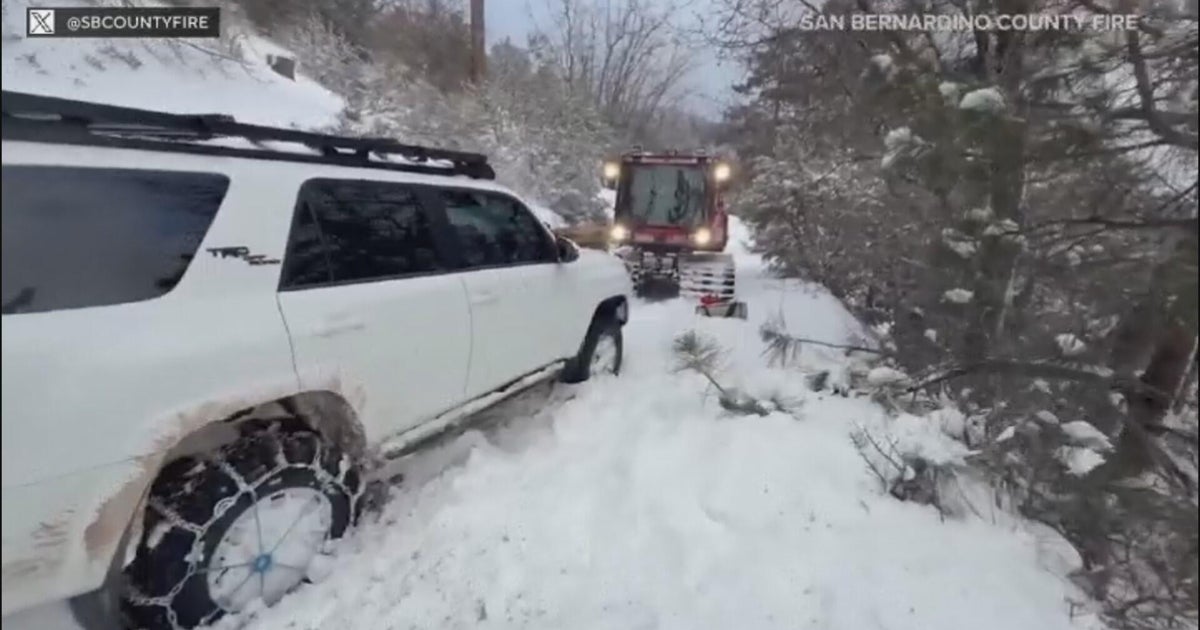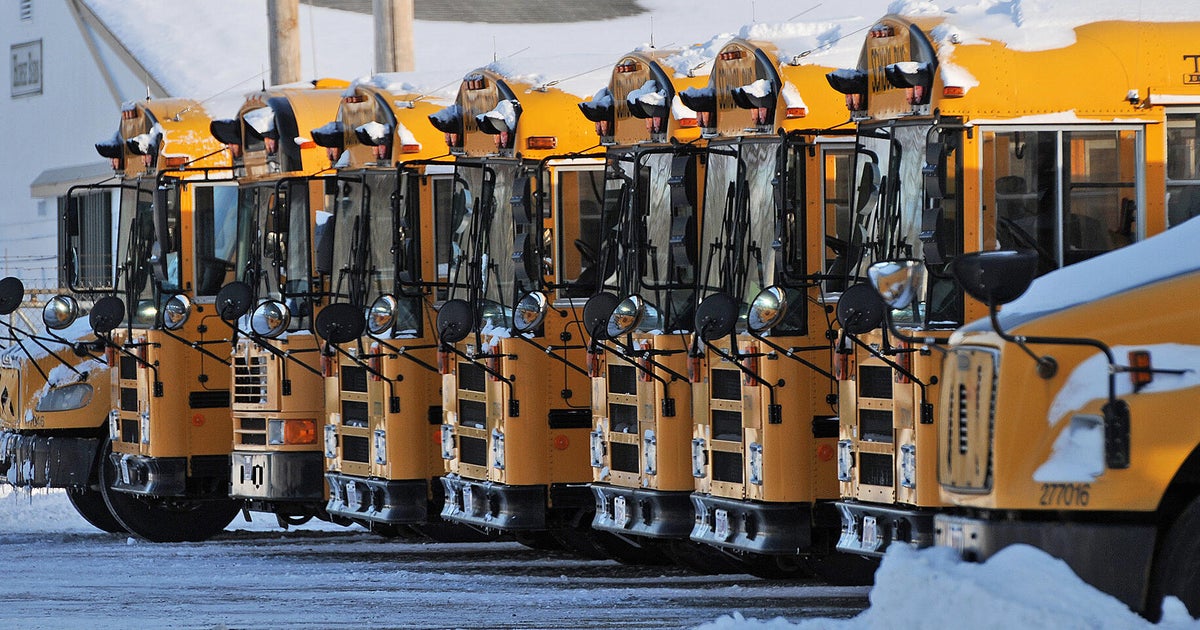'Pop-up' crab pots to allow fishermen to extend Dungeness season while protecting whales
SAN FRANCISCO -- U.S. fisheries are facing more closures because of gear that can harm marine life including endangered whales. New technology that has helped reopen fisheries along the east coast is now being tested in the Bay Area.
Scientists say whales close to the Bay Area are staying longer to feed than in the past, which impacts the Dungeness crab season.
Crab fishermen say their livelihoods are threatened by a shorter season.
But a modified way of harvesting crab in the Bay Area could help address the growing problem of entangled whales. If "pop-up" crab pots get full approval in California, they'll significantly extend the Dungeness commercial season by next year.
Oceanographer Bart Chadwick is testing the device that could revive the struggling industry. GPS and acoustic technology trigger the release of buoys and rope, sitting at the bottom of the ocean in crab pots.
It could give fishermen a needed lift, and prevent entangled whales.
"These units are now being used in multiple fisheries both in testing and actual fishing," said Bart Chadwick of Subsea Sonics.
Fishermen can spot the orange buoys once they float to the surface and haul in the lines quickly. This method of operation eliminates tens of thousands of feet of vertical lines sitting in the ocean for days that can entangle whales. Rope only comes to the surface when boats return and retrieve their loot.
"It's working perfectly," said Chadwick.
Chadwick's company builds the component called the AR-4RT.
"This is the release unit acoustic release. The way it works it's typically mounted vertically in the trap," said Chadwick.
Crab pots are strung together with the lead trap holding the rope on top.
For the first time, a testing permit allows this fleet to dump traps and harvest crab in the spring, even as humpback whales migrate north to their summer feeding grounds off the California coast.
Vertical lines won't be an issue.
"This release when activated spins and releases the line. When the cam rotates it slackens the line which allows everything to emerge from the trap," said Russ Mullins.
Mullins' company Guardian Ropeless worked with Subsea Sonics to build the pop-up crab pots.
Kim Sawicky, an independent researcher who founded the non-profit Sustainable Seas Technology, is evaluating the safety and reliability of the technology.
"We knew the gear was going to come up. I've been working with this for five years now," said Sawicki.
"Without the pop-up, they are opening the fishery later in the calendar year, and then closing it earlier," said Catherine Kilduff.
Kilduff and the Center for Biological Diversity see this as a solution only if it's also required in the fall when whales haven't migrated back south yet.
"There's a lot of pots that are being fished. but it's also a really important time for the whales, especially with climate change," said Kilduff. "They're not leaving. The weather is not getting as cool as quickly in the fall."
NOAA Fisheries has responded to an increasing number of large whale entanglements. In 2018, the agency's West Coast Marine Mammal Stranding Network and Large Whale Entanglement Response Program confirmed a total of 46 whales entangled off the coasts of California, Oregon, and Washington.
There were 31 confirmed cases in 2017, 48 confirmed cases in 2016, and 50 confirmed cases in 2015. These were the highest annual totals for this region since NOAA Fisheries started keeping records in 1982.
But the fishermen need full harvest to begin, as demand spikes before Thanksgiving. The extra time setting up pop-ups during peak season would severely limit the catch.
"The old-timer guys who do this are not really receptive to change. They don't think it's possible," said crab fisherman Brand Little.
Little believes added pop-up regulation isn't a viable option for the fall, but that it would extend the commercial season into the spring, and give an economic boost.
"When you start thinking outside the box it's not a new way of doing things but a supplemental way to get back some things that are no longer there for you, it doesn't make any sense not to do it," said Little.
For now, this new approach will bridge what has been a widening gap between marine life advocates and fishermen, still trying to find a solution for all.
The limited testing allows Little and his crew to sell their catch. Little will be selling live Dungeness Crab off Pier 47 next to Scoma's Restaurant in San Francisco on weekends.


